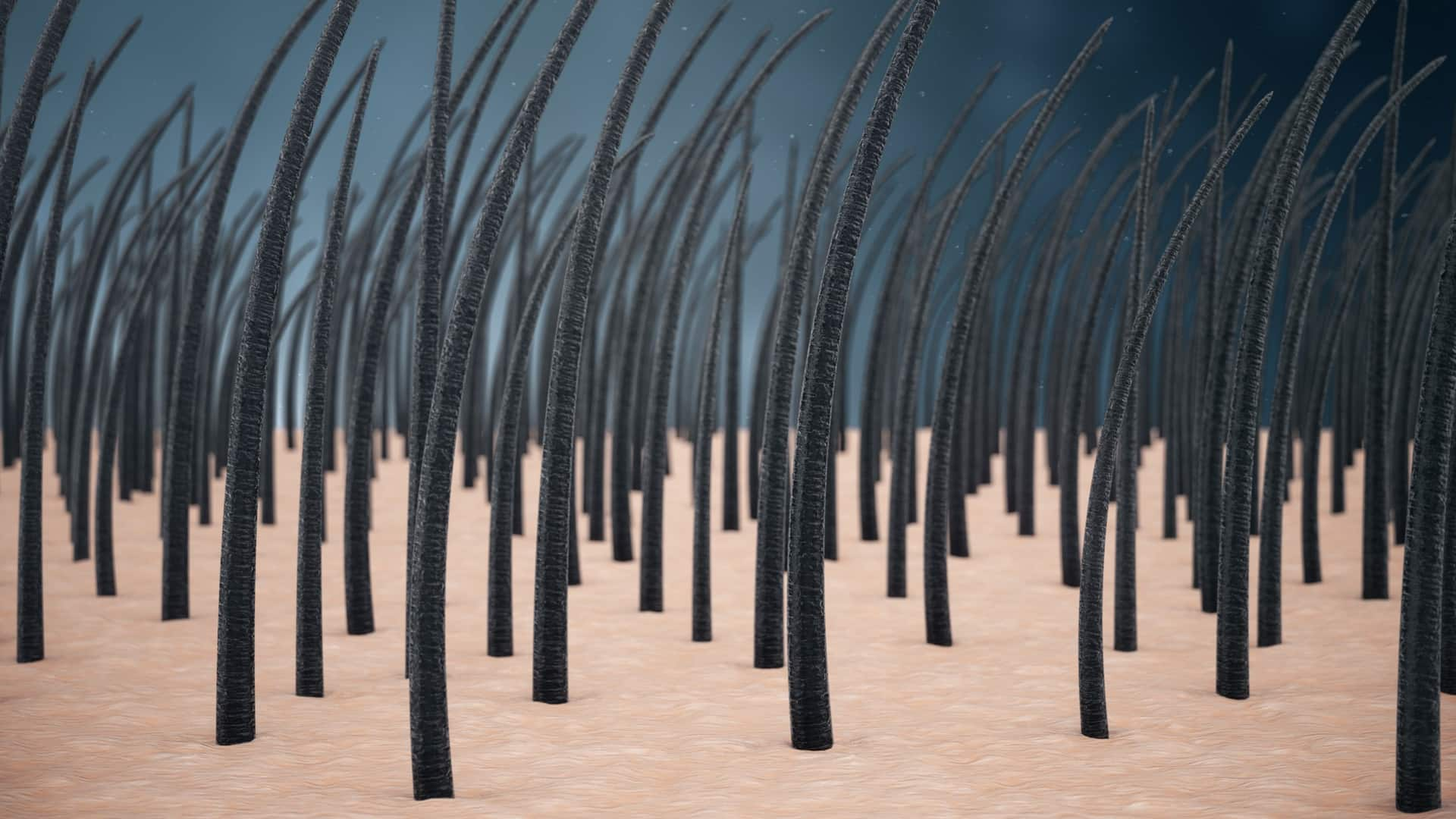
The surprising ways your hair can reveal your health issues
What's the story
Your hair is more than just a styling accessory - it is also a silent messenger of your overall health and wellness. From thinning strands to unexpected color changes, your locks can give you valuable insight into your body's well-being. So, if you're curious about what your hair might be trying to tell you, keep scrolling to discover the hidden messages within your hair.
PCOS
Excessive hair growth might indicate PCOS
If you are a woman who is noticing excessive hair growth on your face, chest, or back, it might be a sign of Polycystic ovary syndrome (PCOS). This sneaky hormonal disorder can cause your ovaries to go into overdrive, producing an excess of androgen hormones. This excess androgen is the culprit behind your hair growth in unwanted body parts.
Anaemia
Hair loss could signify iron deficiency
Just like the changing seasons, your hair has a natural cycle of growth and shedding. But when you start to notice more hair falling out than usual, and not just on your head, it could be a warning sign of something more serious. This may be an indication of anemia, which occurs when there is an iron deficiency in the blood.
Thyroid
Thinning of hair might suggest thyroid troubles
Your thyroid gland produces hormones that help regulate your body's energy usage. But when your thyroid hormone levels drop too low, it can lead to some unpleasant symptoms, including thinning of hair. That's right! If you are not producing enough thyroid hormones, your body's functions can slow down, and that includes the growth of your luscious locks.
Gray flag
Gray hair could mean vitamin B12 deficiency
Graying hair is a natural part of the aging process. However, if it happens at an unusually young age, it could be a sign of a vitamin B12 deficiency. This vitamin is an important nutrient for healthy hair growth and pigmentation. Just in case you are curious, here are the top foods that help you fight vitamin B12 deficiency.
Follicles
Ingrown hair might imply folliculitis
Ingrown hairs are pesky bumps on your skin that crop up after hair removal, caused when regrowing hair curves inward and penetrates the skin. While shaving, tweezing or waxing can cause this to happen, it can also be a sign of folliculitis. This condition arises when hair follicles become inflamed or infected, leading to the development of ingrown hair.